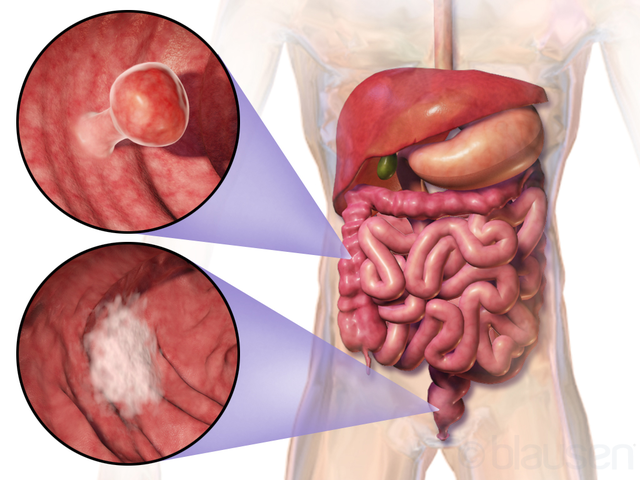Colorectal Cancer
Colorectal cancer, also known as bowel cancer, colon cancer, or rectal cancer, is a type of cancer that originates in the colon or rectum. The colon and rectum are parts of the large intestine, which plays a crucial role in the digestion and absorption of nutrients. Colorectal cancer usually begins as a growth called a polyp, which can be noncancerous (benign) or cancerous (malignant). Here are some key points about colorectal cancer:

- Risk Factors:
- Age: The risk increases with age, and most cases are diagnosed in individuals over 50.
- Family history: Having close relatives with colorectal cancer can increase the risk.
- Personal history: Individuals with a history of inflammatory bowel disease (such as Crohn’s disease or ulcerative colitis) are at higher risk.
- Genetic factors: Some hereditary conditions, such as Lynch syndrome or familial adenomatous polyposis (FAP), can increase the risk.
- Diet: A diet high in red and processed meats and low in fiber may contribute to an increased risk.
- Physical inactivity, obesity, and smoking: These lifestyle factors may also play a role.
- Signs and Symptoms:
- Changes in bowel habits, such as diarrhea or constipation.
- Blood in the stool or rectal bleeding.
- Abdominal discomfort or pain.
- Unexplained weight loss.
- Fatigue.
- Diagnosis:
- Colonoscopy: A procedure in which a flexible tube with a camera is used to examine the colon and rectum, allowing for the removal of polyps or the biopsy of suspicious areas.
- Other imaging tests: CT scans, MRI, and X-rays may be used to determine the extent of the cancer.
- Biopsy: Removing a small tissue sample for examination under a microscope to confirm the presence of cancer.
- Staging:
- Staging helps determine the extent of the cancer and guides treatment decisions.
- Types of Colorectal Cancer:
- Adenocarcinoma: The most common type, arising from the cells that line the inside of the colon and rectum.
- Other rare types: Including carcinoid tumors, gastrointestinal stromal tumors (GISTs), and lymphomas.
- Treatment Options:
- Surgery: Removing the tumor or affected part of the colon or rectum.
- Chemotherapy: Using drugs to kill cancer cells or stop their growth.
- Radiation therapy: Using high-energy rays to target and kill cancer cells.
- Targeted therapy and immunotherapy: These treatments target specific molecules involved in cancer growth or stimulate the immune system to fight cancer.
- Survival Rates:
- Survival rates for colorectal cancer vary depending on the stage at diagnosis and other factors. Early detection and treatment can significantly improve outcomes.
- Prevention:
- Screening: Regular screenings, such as colonoscopies, can detect precancerous polyps or early-stage cancer.
- Healthy lifestyle: Eating a balanced diet rich in fiber, maintaining a healthy weight, staying physically active, and avoiding tobacco and excessive alcohol can help reduce the risk.
.





